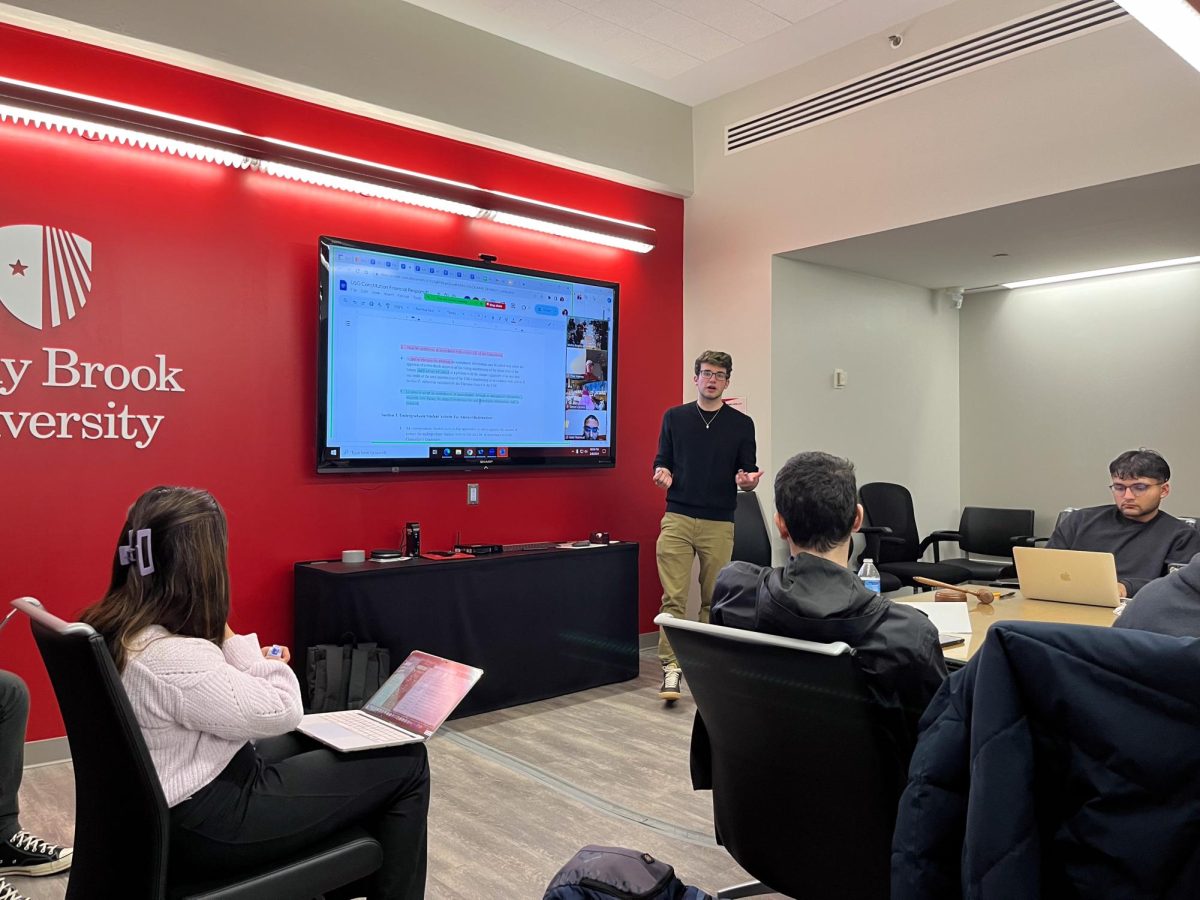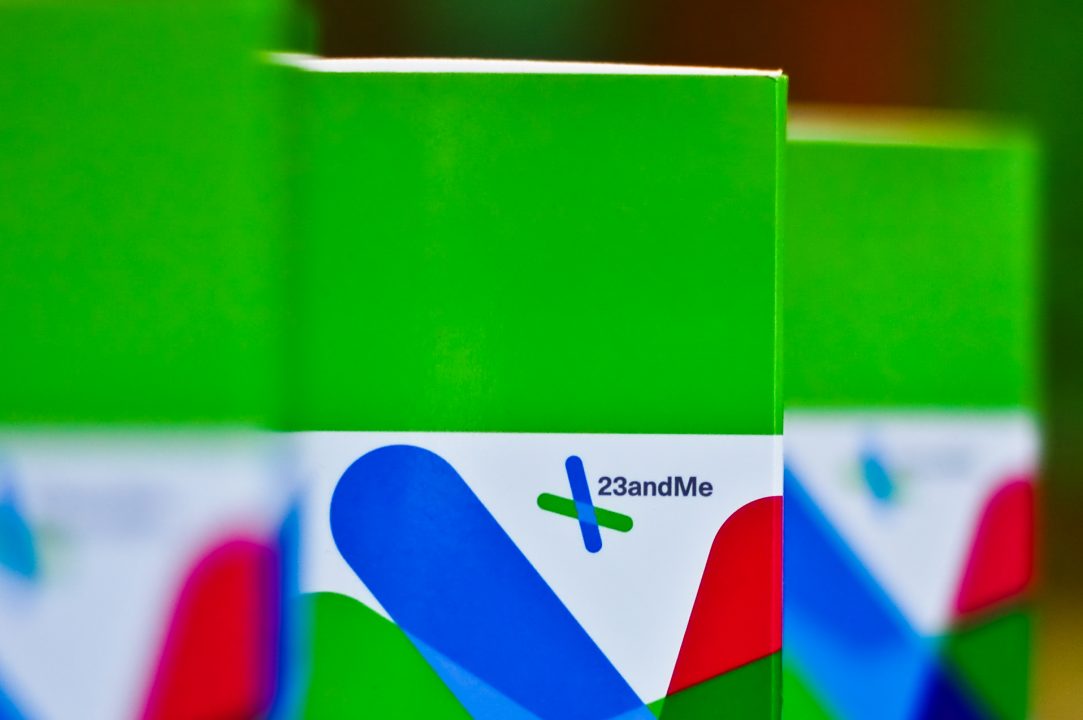Dava Sobel, a former New York Times science reporter, is the first female author to be selected by Stony Brook for its First Year Reading Program. Her award-winning book, Longitude: The True Story of a Lone Genius Who Solved the Greatest Scientific Problem of His Time, was selected as required reading for incoming students. Sobel came to campus last Wednesday to discuss the book.
‘We find it important for the students to be able to meet the author, as well as understand the background of the writing of the book,’ says Jean Peden, Director of Undergraduate Colleges and a member of the First Reading Committee. Freshmen had the opportunity to explore the book with their peers and instructors through a variety of events including an interview between Sobel and Howard Schneider, the Dean of Stony Brook’s New College of Journalism.
Each year, a book is selected by a committee made up of faculty and administration for the incoming class to read. The committee narrows it down to 20 books, which go through a grueling evaluation process, until they find the best selection. The committee looks for an easy read and one that the students can easily connect with. Since Stony Brook is a research institution, they search for a book that focuses on scientific studies. The author also must be alive and willing to visit the campus in the fall.
Sobel, who was born in the Bronx, was inspired to write at an early age by her parents’ love of reading. ‘With a book is the best way to hold someone’s attention,’ said Sobel.
She explained that, like many college students, she had no idea what she wanted to do. She loved writing but never imagined she would actually pursue it as her career. She started on the path when a classmate of hers persuaded her to write for the college newspaper. ‘It was just that casual,’ said Sobel. She then had an opportunity to interview astronomer and astrobiologist Carl Sagan. Not only did the interview help spark an already stirring desire to write about science, but he also helped Sobel get a job by writing her a recommendation.
‘What advice would you give to the freshman class as they start out their college experience?’ Schneider asked. ‘If you want to write, write. The only way to get better at something, is to just do it,’ said Sobel.
Longitude is the story of a clockmaker, John ‘Longitude’ Harrison, who solved the problem that Newton and Galileo had failed to conquer. ‘The book portrayed the main character as the solver of the longitude problem, but more so an undiscovered genius that gave light to a problem his predecessors could never solve,’ said freshman Nicole Mbisike.
While sailors estimated latitude by the height of the Sun or guiding stars above the horizon, the measurement of longitude perplexed navigators for centuries. In 1714, England’s Parliament offered $20,000, which today would be millions, to anyone who could solve the problem. Harrison found the answer by inventing a chronometer. His approach ultimately triumphed, allowing Britannia to rule the sea.
‘Reading John Harrison’s struggle to win the Longitude prize inspired me to continue on my scientific quest no matter what challenges I encounter,’ said freshman Kadhambari Sridhar.
‘It is simply inspiring,’ commented freshman Prasoon Goel.
‘I never knew this much about Longitude until I read the book. Harrison is a symbol of inspiration and success. He was determined to solve a problem despite all the setbacks he encountered,’ said freshman Amy Metha.
‘This book was enlightening because it reminded me of how important my determination is in achieving my goals,’ said freshman Sarah Kazadi.













